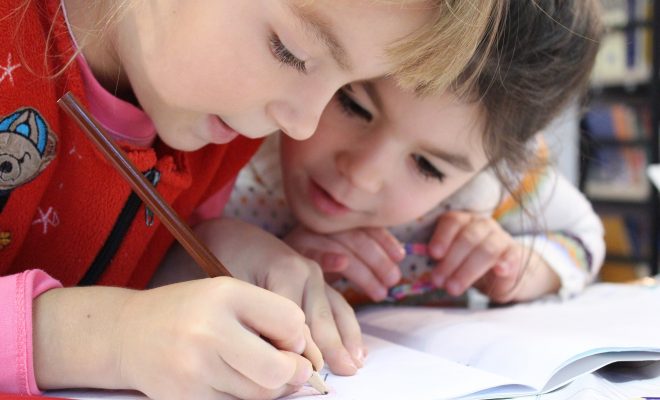Pass or Fail: The Real Cost of Student Retention

In this multi-part series, I provide a dissection of the phenomenon of retention and social promotion. Also, I describe the many different methods that would improve student instruction in classrooms and eliminate the need for retention and social promotion if combined effectively.
While reading this series, periodically ask yourself this question: Why are educators, parents and the American public complicit in a practice that does demonstrable harm to children and the competitive future of the country?
Retention affects more than just students. What do you think is the cost of retention to schools, educators, communities and society as a whole?
Research on the impact of retention dates back to the initiation of the practice – the point when educators and policymakers believed it to be an effective means for managing student non-achievement. A recent evaluation of retention research, however, suggests that the lack of accounting for differences in social, emotional, and academic characteristics between promoted students and their retained peer, allows for any number of “vulnerabilities.”
Numerous and hard to track, these vulnerabilities may be the cause of negative post-retention outcomes, rather than retention itself. Using higher levels of quality controls for pre-retention characteristics of promoted and retained students also tends to indicate less negative effects. Even so, enough evidence exists to make student retention a questionable practice.
Cost of Retention to Students
In the wealth of research about the costs of retention, it is the cost of retention to students that researchers most often discuss. Not surprisingly, retention often leads students to have negative feelings about school, as well as a sense of low self-esteem when it comes to the ability to perform well academically. Some children find the fact that they have been retained embarrassing and may feel ashamed about being separated from their age-grade peers.
Retained students may become unmotivated and disengaged in school. They may also develop behavior problems (particularly at school) and become involved in bullying, either as a perpetrator or as a victim. Children often feel stigmatized by retention, and there is an increased possibility that retained students will end up dropping out, their long-term trajectory totally undermined.
Research shows that a retained child does not generally “catch up” academically to his or her grade-level peers. While there is some indication that achievement among children retained in elementary school does improve, for older children there appear to be no significant benefits.
Cost of Retention to Schools
In addition to the negative influences of retention on children, school systems struggle a great deal when their retention rates are high. They may end up with large numbers of children in retention checkpoint grades and thus also experience difficulty to manage them. When schools find themselves retaining the same children repeatedly, they may also end up with substantial numbers of over-aged students in certain grades. This is another obvious problem, of course, regarding retention consequences, but one that has long escaped true attention from educators at the policy level.
With specific grades established as retention points, it’s not uncommon for students to essentially create something of a backlog. In practical terms, this creates an imbalance in maturity and a potentially irregular experience for teachers and students in the grade level as a whole. At the very least, students who are beyond the typical age for elementary or middle school present a very particular challenge for school districts regarding placement and services. Should established policies place these students with typical-aged elementary and middle school students? Should separate policies apply to students who have reached a certain age within either elementary or middle school systems – who have aged out, as it were?
Retention strains school district and state financial resources, particularly when a large number of students are retained. The additional costs of educating grade-repeating students are evident when you multiply the average annual cost per pupil by the number of students retained in any given year. Texas, for example, spent more than $2 billion to educate the 202,099 students retained during the 2006–07 school year. With budget cuts prevalent across the nation, the problems of continuing these sorts of difficulties indefinitely are readily apparent.
Cost of Retention to Society
The social cost of retention is directly influenced by the increased number of dropouts. Students who leave school prior to receiving a diploma tend to have lower earnings over their lifetime, which means they will pay fewer taxes, and may even be more dependent on social services. A significantly high number of incarnated individuals are dropouts, as are those who tend to commit certain crimes. The cost of retention for society clearly has an impact.
When examining the impact and cost of student retention, do you feel it is even worth considering as a sound education policy?





